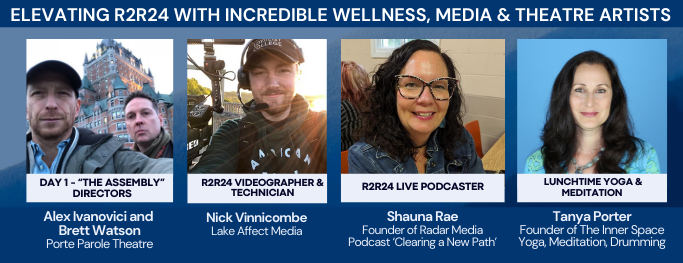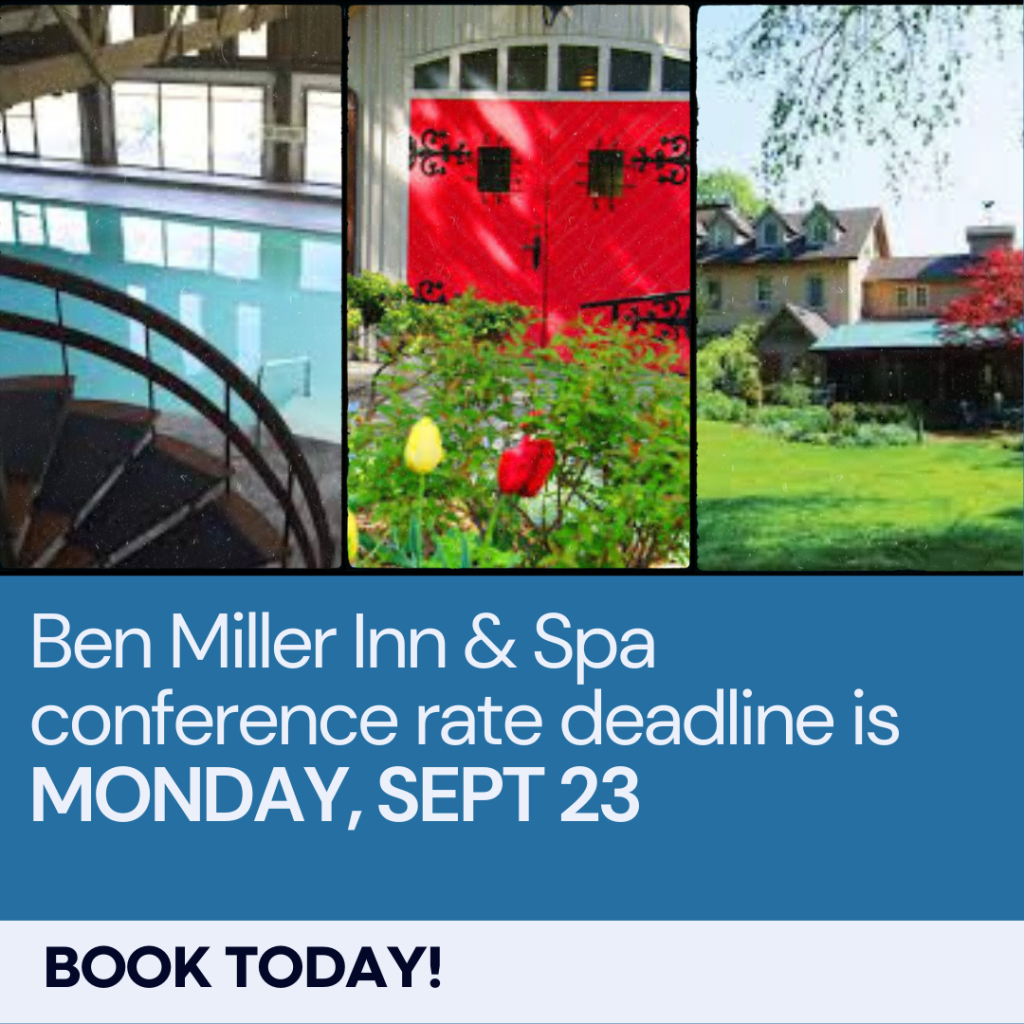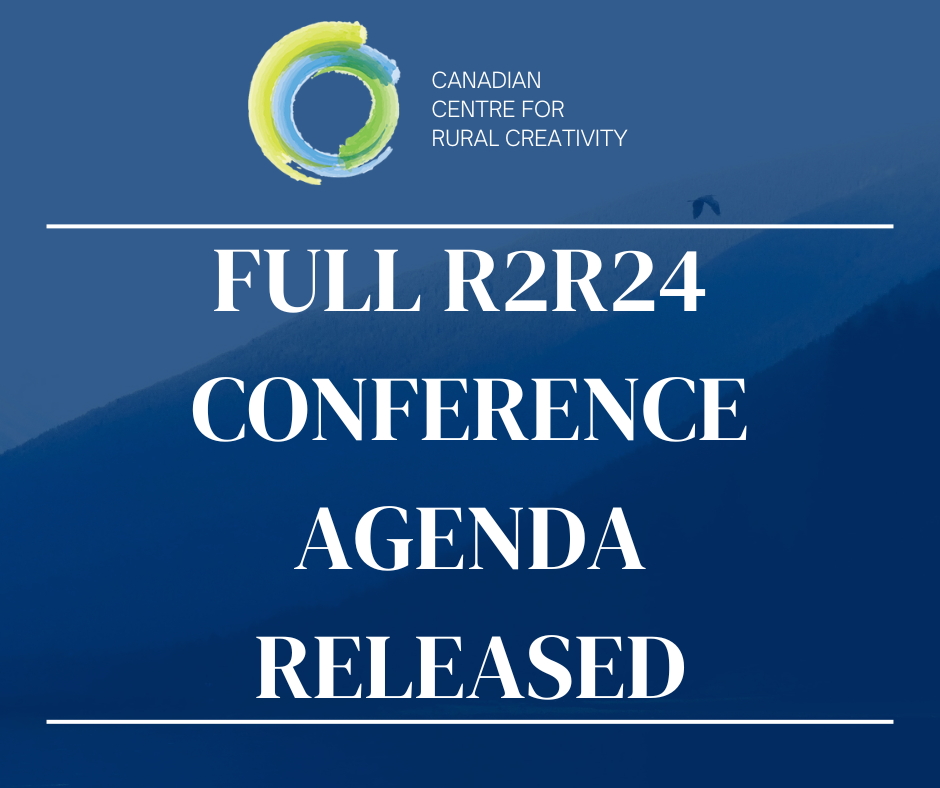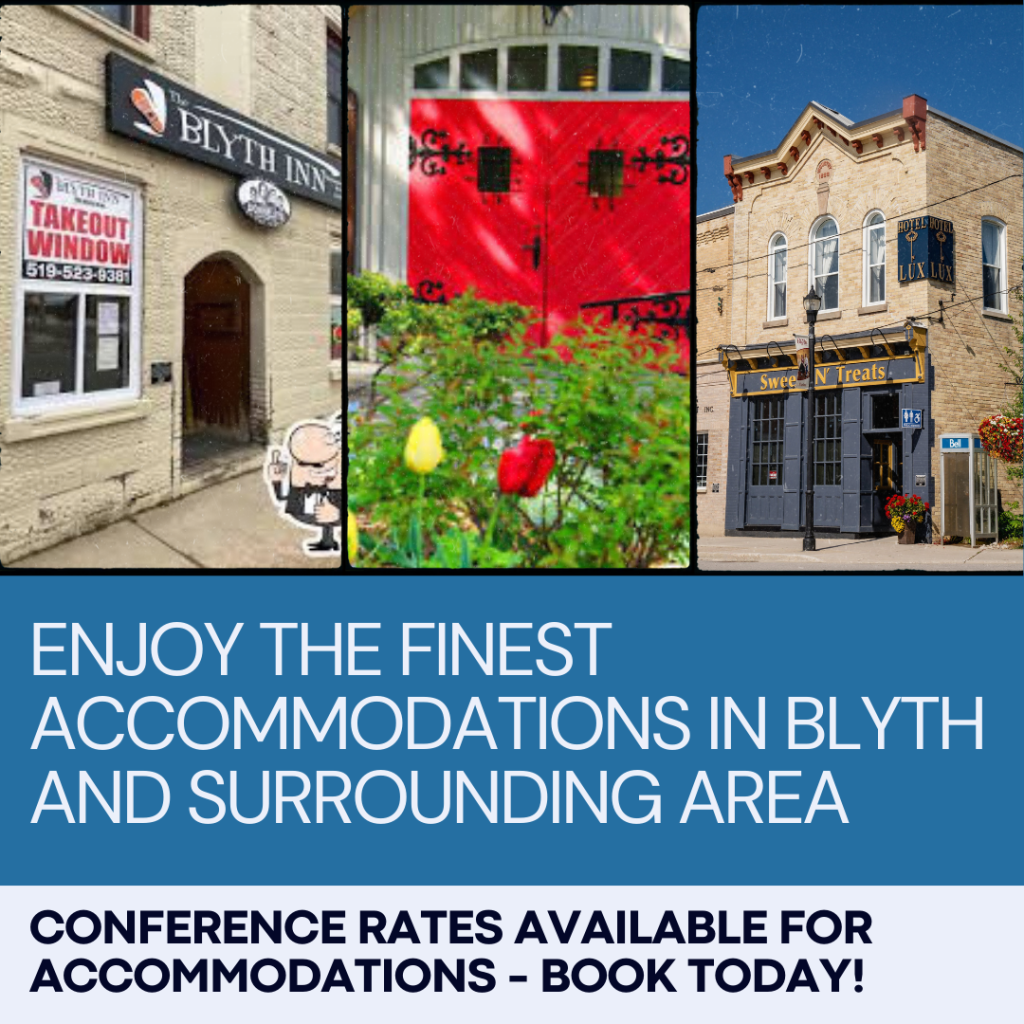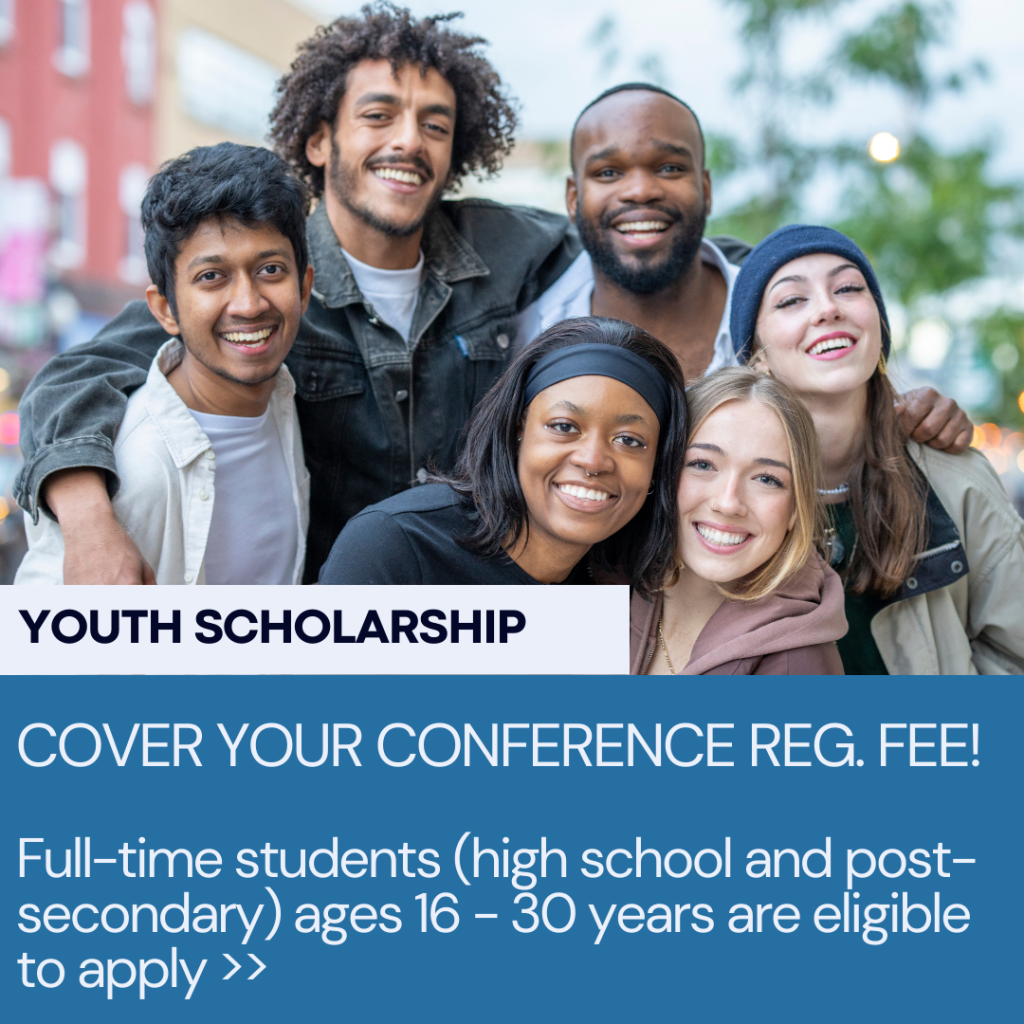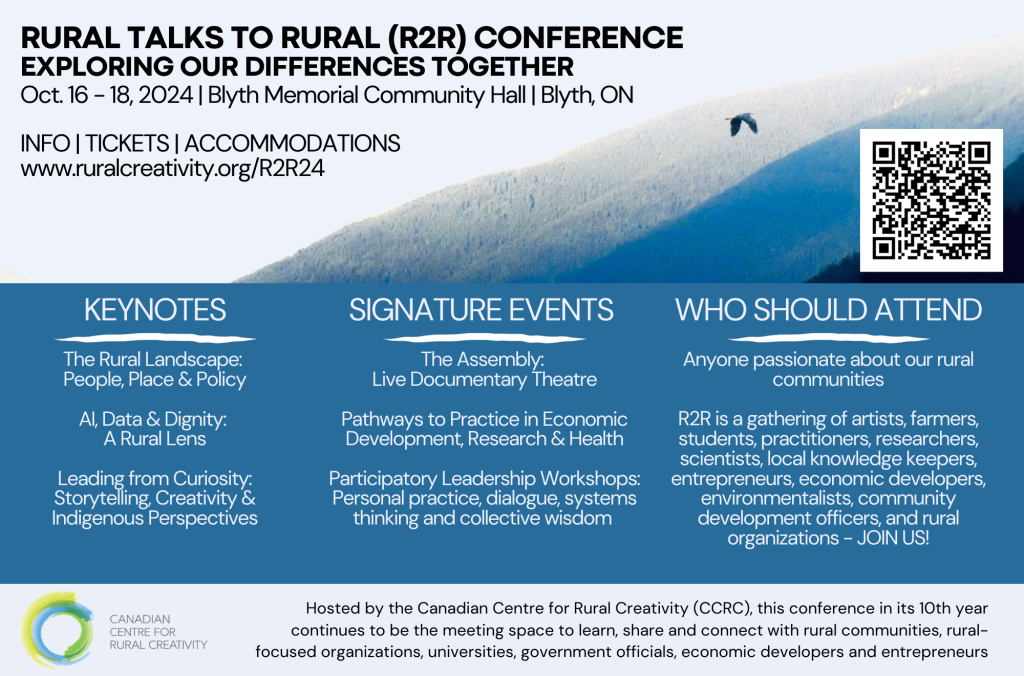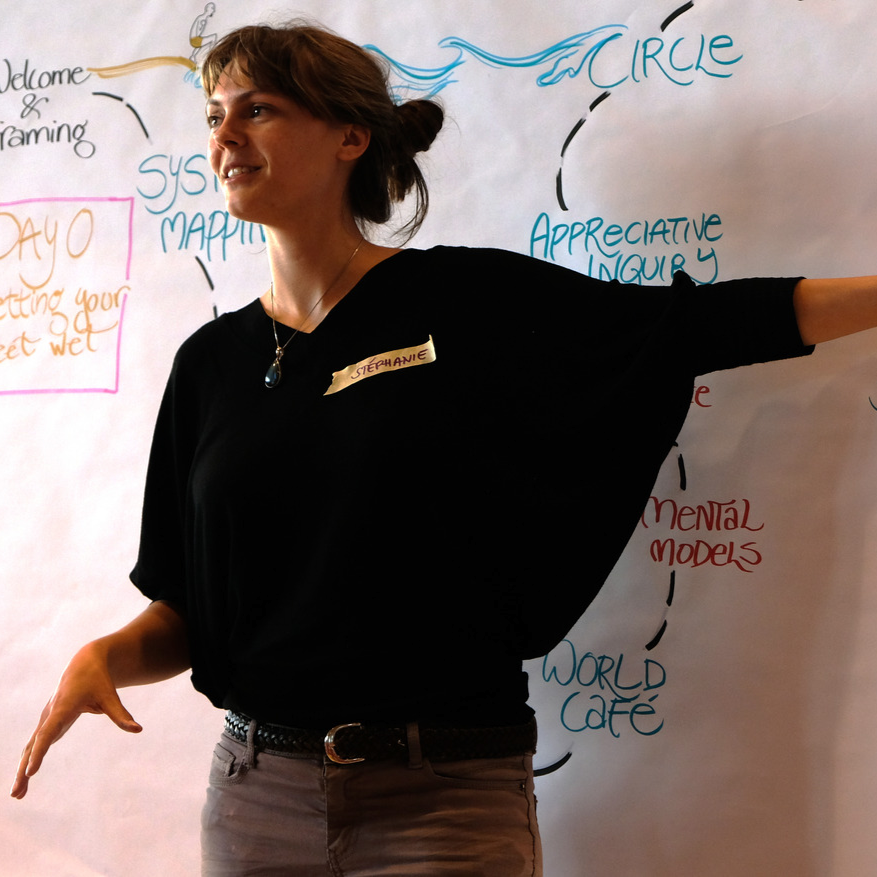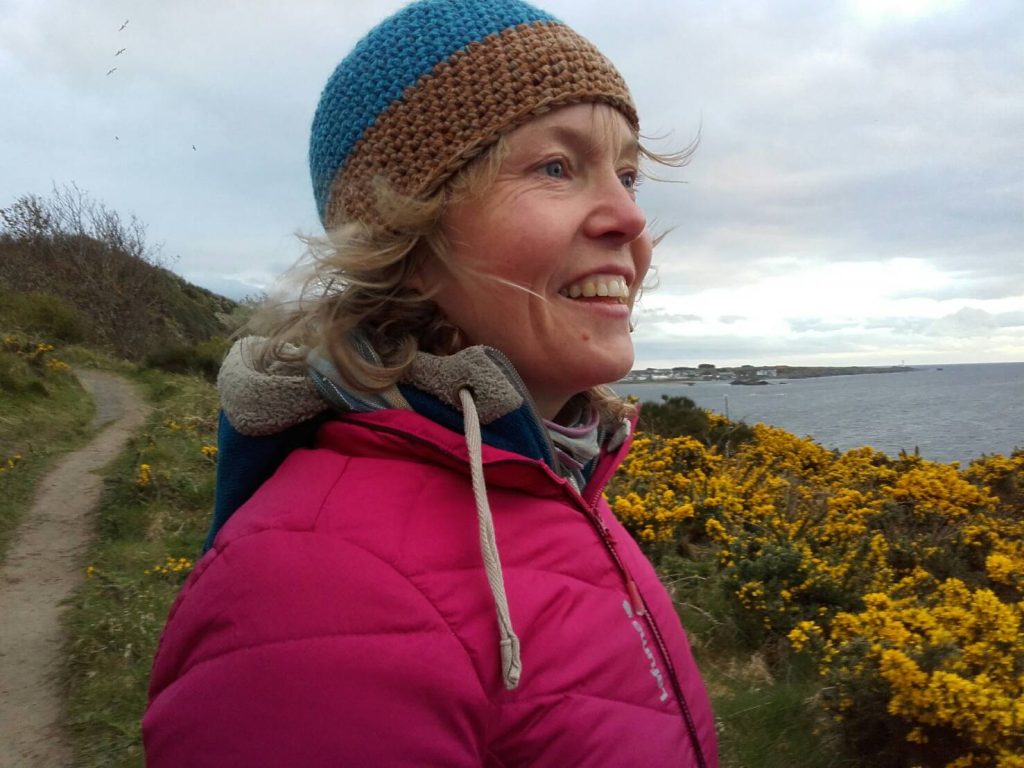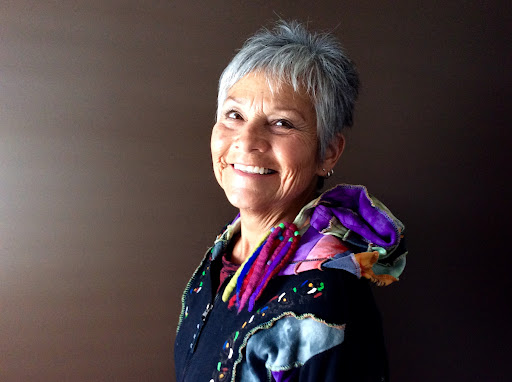Conversations that matter
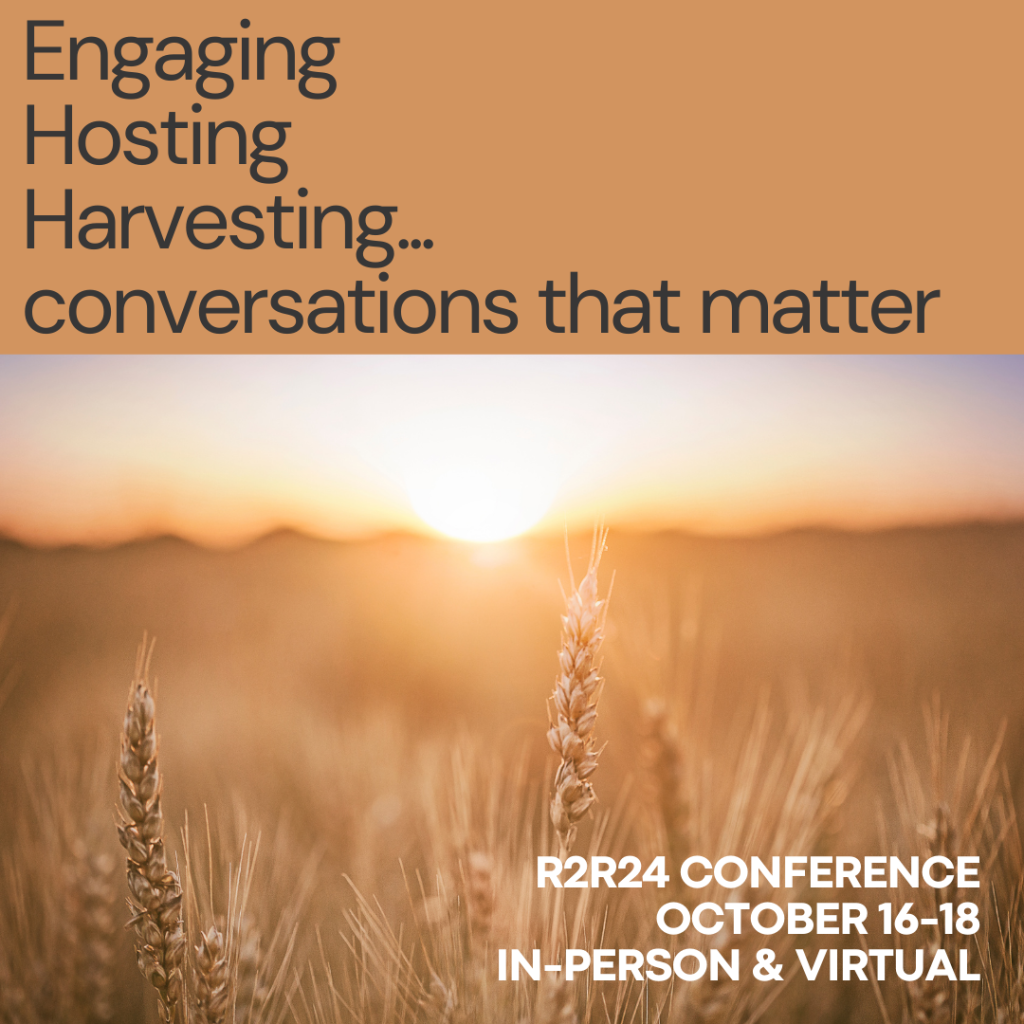
How may we grow our capacity and courage to invite, host, and harvest the conversations that matter in our rural communities?
Daily, we face a lot of noise and change such as accelerating technological innovations, climate crises, shifting economies, polarizing forces, and an overwhelming amount of information.
Join us for these important conversations and learn how to invite, hold, and lead others through such conversations – whether at the workplace, community, or home.
R2R24 is jam-packed with examples, models, and tools to showcase how we can step into these conversations – from keynote speakers exploring people, place, policy, and artificial intelligence, to incredible participatory leadership workshops, and signature sessions such as The Assembly Live: Rural Canada and Pathways to Practice.
Art, nature, wellness and creativity are interwoven throughout the conference with story circles, an art gallery, yoga, and G2G nature walk. We also celebrate rural with food and beverages from local restaurants, bakeries, wineries, and breweries.
Your leading questions, opportunities or challenges about rural development will be explored in very meaningful and impactful ways.
We invite all those passionate about rural to attend. Book your tickets today.

